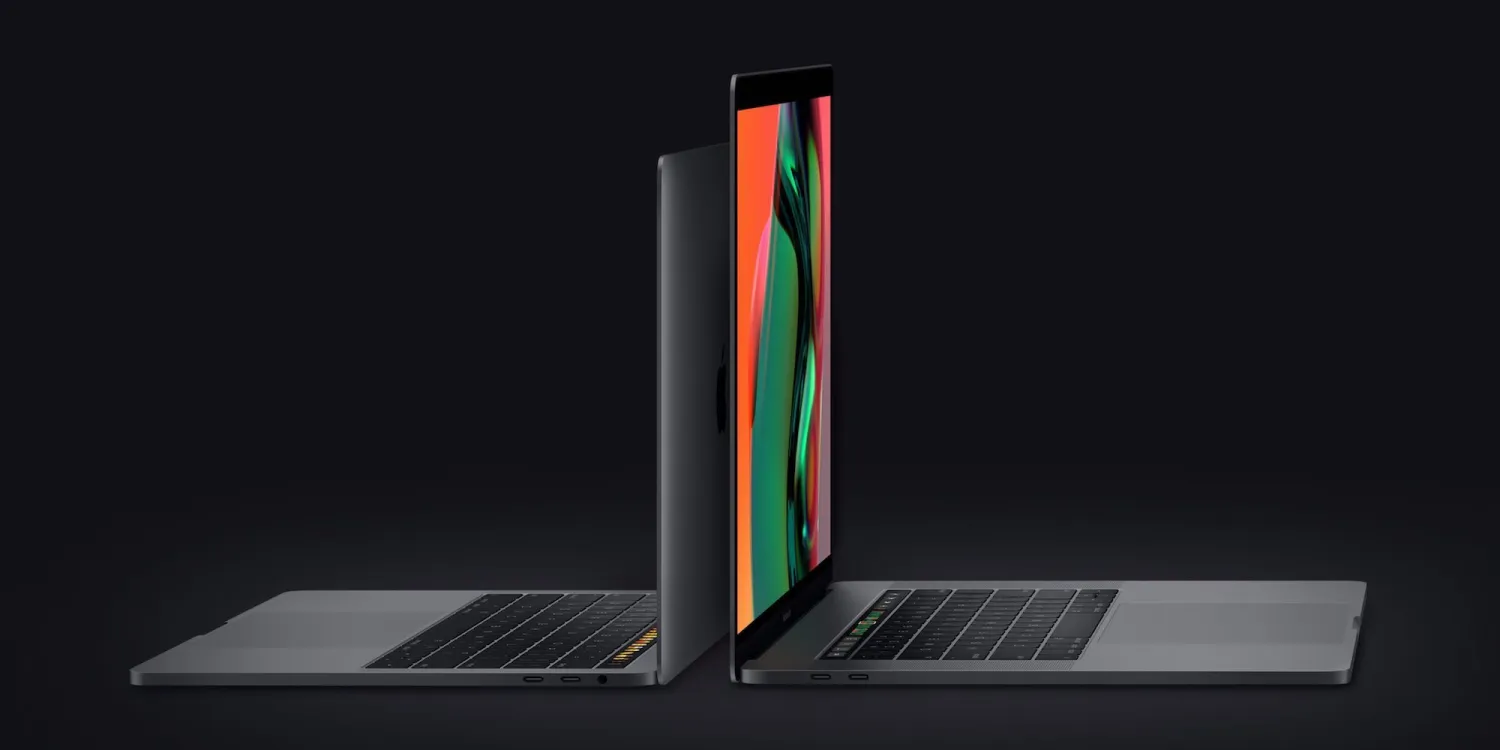When will Apple stop supporting Macs on Intel processors?

Apple began the transition to Apple’s own Silicon processors for Macs in 2020 and completed it by 2023. Since then, the company has been phasing out support for Intel Macs in new versions of macOS, which begs the question: how much longer will Intel Macs get software updates?”
Apple’s move to a new version of macOS has been a long time coming.
Current macOS Sequoia support
Apple usually provides about five years of updates for its devices, which helps predict the future fate of Intel Macs. In the latest version of macOS Sequoia, support remains for only a few models with Intel processors:
- Mac mini 2018
- iMac 2019-2020
- iMac Pro 2017
- MacBook Air 2020
- MacBook Pro 2018-2020
- Mac Pro 2019
Most of these models were released shortly before the switch to Apple Silicon. The MacBook Pro, for example, has been supported longer than others, starting with the 2018 model. That’s because the MacBook Pro 2018, 2019, and the base version of the MacBook Pro 2020 have similar 8th-generation, low-power Intel Core i5 and i7 chipsets. However, the more powerful MacBook Pro 13″ 2020 version of the MacBook Pro 13″ gets a 10th-generation Intel chip. An interesting exception is the iMac Pro, unveiled at WWDC 2017 and released in December of that year, which Apple continues to support, likely due to demand among professional users.
An interesting exception is the iMac Pro, unveiled at WWDC 2017 and released in December of that year.

What to expect next?
It’s highly likely that the version of macOS released in 2025 will be the last one to support Intel Macs, giving those models at least five years of updates. The list of supported Intel Macs for macOS 16 will likely remain roughly the same as it is now, though it’s possible that support for some, such as the 2019 iMac or 2018 Mac mini, will be discontinued.
MacOS 17 is expected to be released in 2026, which will be the first version focused exclusively on Apple Silicon devices. By that time, it will have been six years since the transition to its own chips began, and about three years since the last Intel Mac stopped selling.
At that point, it will have been six years since the company started switching to its own chips, and about three years since it stopped selling the last Intel Mac.
Closure
.
Intel Mac users should keep in mind that they probably have about two years left to use the latest versions of macOS. After that, Apple will continue to release security patches for about two more years, but updates with new features will stop.
After that, Apple will continue to release security patches for about two more years, but updates with new features will cease.








